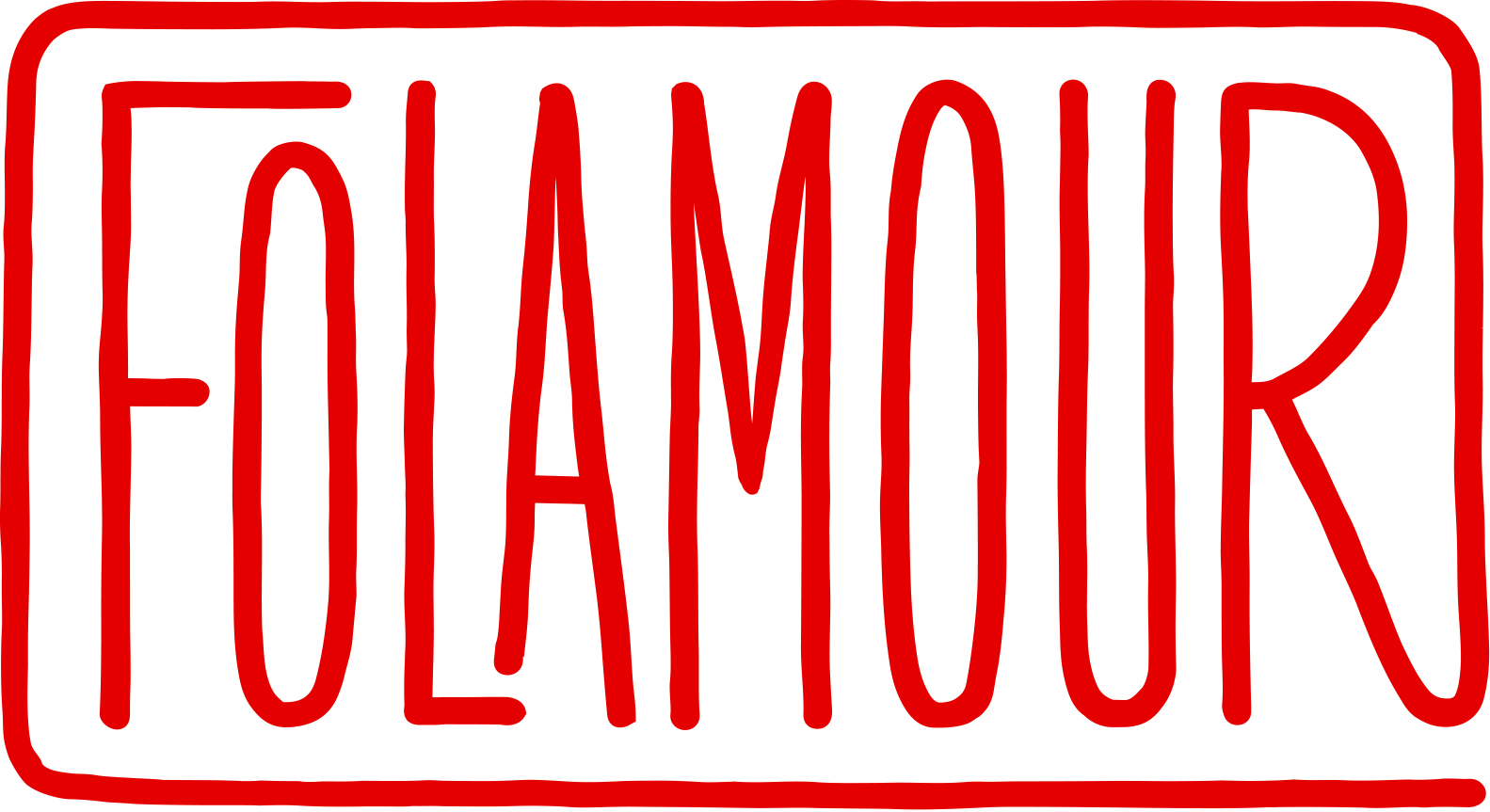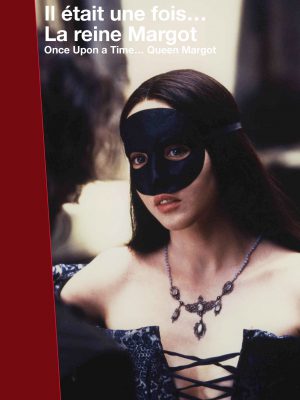ONCE UPON A TIME... QUEEN MARGOT
| Director | Guillaume Moscovitz |
| Authors | Guillaume Moscovitz and Serge July |
| Image | Emmanuelle Collinot, Olivier Cousin |
| Sound | Thierry Blandin, Joël Flescher |
| Editing | Barbara Bascou |
| Length | 52 minutes |
| Format | HD Cam, 16/9e |
| Version | French |
| Copyrights | Folamour – Ina – 2013 |
| Broadcaster | FRANCE 5 |
Protagonists :
- Patrice CHEREAU, director
- Danièle THOMPSON, screenwriter
- Antoine de BAECQUE, historian and film critic
- Dominique BLANC, actress, role of Henriette de Nevers
- Jean-Hugues ANGLADE, actor, role of Charles IX
- Daniel AUTEUIL, actor, role of Henri de Navarre
- Pierre GRUNSTEIN, Executive Producer
- Goran BREGOVIC, composer of the film music
- François GÉDIGIER, editor
Portrait of a film: Released in 1994, Queen Margot is Patrice Chéreau’s fifth film, inspired by a novel by Alexandre Dumas Sr. and co-written with Danièle Thompson. It tells the story of Henri IV, a Protestant, who came to power thanks to his marriage to the Catholic Marguerite de Valois. A political marriage, intended to appease inter-religious conflicts but which leads to a massacre on the night of St. Bartholomew’s Day. This costume film brought together a plethora of actors (Isabelle Adjani, Daniel Auteuil, Vincent Perez, Virna Lisi, Jean-Hugues Anglade, Dominique Blanc, Jean-Claude Brialy) for high budget shooting (150 million francs). The film went on to win the Jury Prize and the Best Actress Award (for Virna Lisi) at the Cannes Film Festival and five Césars the following year.
Portrait of an era: Although it is a costume drama, Queen Margot resonates with echoes of contemporary history. Patrice Chéreau and Danièle Thompson explain that they were influenced by the events related to the death of Imam Khomeini in Iran, the fake Timisoara massacre in Romania, and the civil war between Catholics, Orthodox and Muslims in former Yugoslavia. It is no coincidence that the film’s music was composed by Goran Bregovic, born in Sarajevo to a Serbian mother and a Croatian father, and married to a Muslim woman. The film was also released in the year of the Rwandan genocide. For Chéreau, barbarism is a “very close”, very contemporary reality.
Portrait of a filmmaker: Patrice Chéreau is 50 years old in 1994. An actor as well as a theatre and opera director, he staged Wagner’s Tetralogy at the Bayreuth Opera House (1976-1980), before being appointed director of the Théâtre des Amandiers in Nanterre (1982-1990). In 1974, he shot his first film, The Flesh of the Orchid, before directing Judith Therpauve (with Simone Signoret), The Wounded Man (César for best screenplay in 1983) and finally Hôtel de France . Patrice Chéreau is a politically committed artist, firmly rooted in his time (he has been campaigning for the equal rights of gays and lesbians). He always adopts a contemporary perspective when directing his productions with or without costumes.


 EN
EN FR
FR